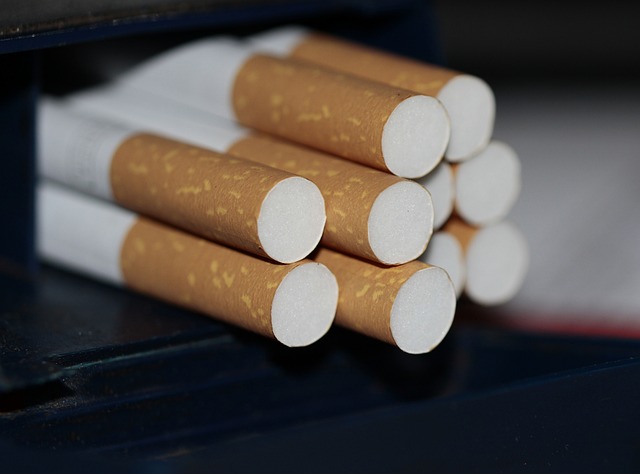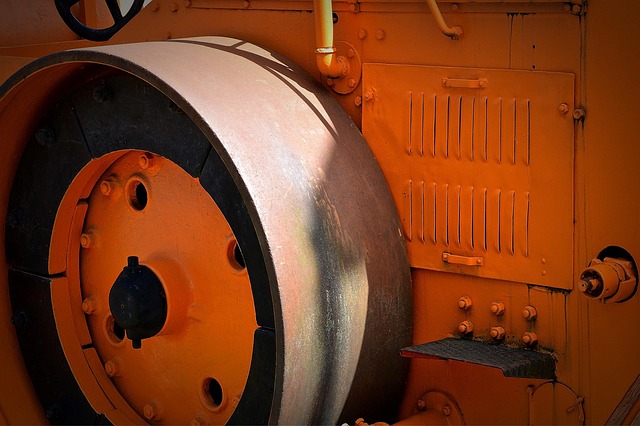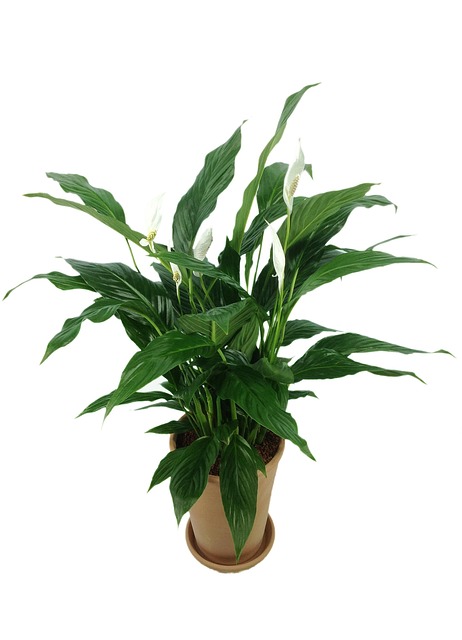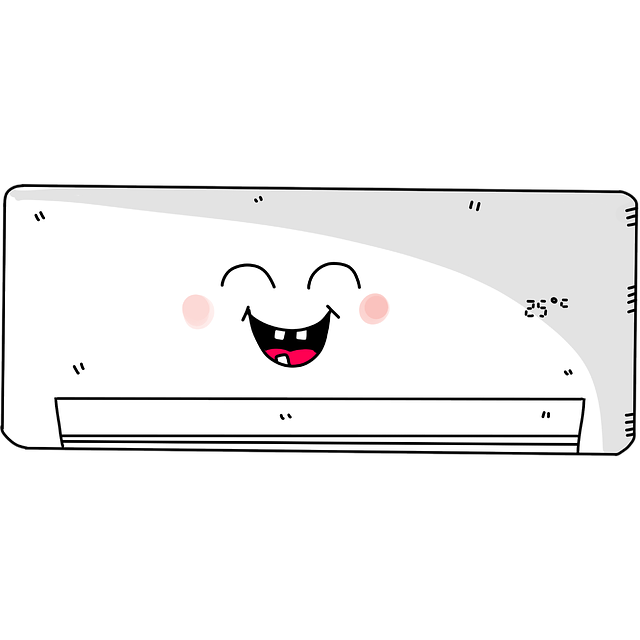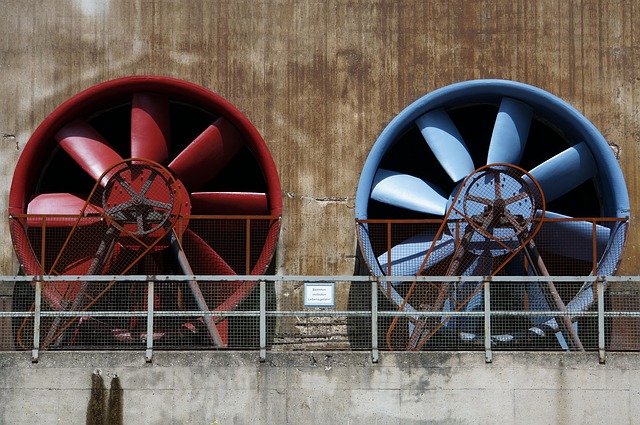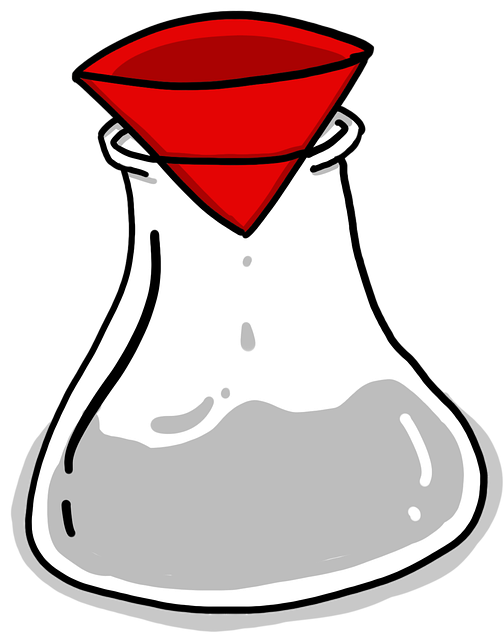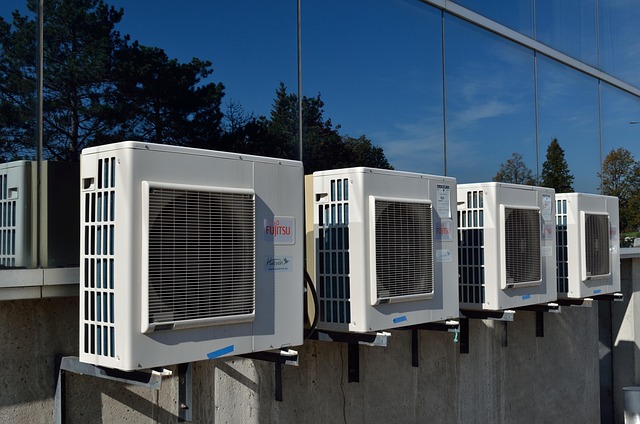Recognizing signs of poor air quality due to mold is crucial for a healthy indoor environment. Indicators include musty odors and visible damage like discolored walls or floor coverings with black, green, or brown spots. Individuals sensitive to mold may experience respiratory issues. High-quality HVAC filters (especially HEPA filters) with a MERV rating between 11 and 16 are effective in capturing both common allergens and larger mold spores, enhancing air quality. Regular filter replacement is vital for optimal system efficiency and minimizing the spread of mold, bacteria, and other contaminants, beneficial for individuals with respiratory conditions or allergies.
“In recent years, understanding indoor air quality has become essential for maintaining a healthy living environment. One often-overlooked culprit is mold, which can proliferate in damp spaces and negatively impact air quality. This article explores the subtle yet significant signs of poor air quality linked to mold growth. We delve into how HVAC (Heating, Ventilation, and Air Conditioning) filters play a pivotal role in combating this silent issue and offer practical tips for choosing the best HVAC filters for mold removal, ensuring a cleaner, healthier home.”
- Recognizing Common Signs of Poor Air Quality Due to Mold
- The Role of HVAC Filters in Combating Mold-Induced Air Pollution
- Best Practices for Maintaining Healthy Indoor Air Quality with Efficient HVAC Filters
Recognizing Common Signs of Poor Air Quality Due to Mold

Recognizing common signs of poor air quality due to mold is essential, especially if you’re concerned about your indoor environment. One of the first indicators is a musty or stale odor that can’t be attributed to any specific source. This persistent smell often signals the presence of mold, as it feeds on moisture and organic materials, releasing spores in the process. Another subtle sign is visible signs of damage; look for discolored walls, ceiling tiles, or floor coverings. Mold may appear as patches of black, green, or brown spots, sometimes growing in patterns.
The impact of poor air quality due to mold extends beyond these visual cues. Individuals sensitive to mold may experience symptoms like sneezing, runny nose, itchy eyes, and respiratory issues. If you have a home or office with high humidity levels, regular water leaks, or visible signs of mold growth, it’s crucial to invest in the best HVAC filters for mold. These specialized filters can help reduce airborne mold spores, improving air quality and creating a healthier indoor environment.
The Role of HVAC Filters in Combating Mold-Induced Air Pollution

HVAC (Heating, Ventilation, and Air Conditioning) systems play a crucial role in maintaining indoor air quality, especially when it comes to mold control. One of the most effective tools in their arsenal are high-quality HVAC filters designed to trap and eliminate airborne molds before they can disperse and affect occupants.
The best HVAC filters for mold are those with a high Minimum Efficiency Reporting Value (MERV) rating, typically ranging from 11 to 16. These advanced filters capture not only common allergens and particles but also larger mold spores, ensuring cleaner air circulation in your space. Regularly replacing or cleaning these filters is essential to maintain their efficiency. By integrating such filters into your HVAC system, you create a robust defense against mold-induced air pollution, promoting a healthier living or working environment.
Best Practices for Maintaining Healthy Indoor Air Quality with Efficient HVAC Filters

Maintaining healthy indoor air quality is crucial, especially in homes and buildings where people spend a significant amount of time. One of the most effective strategies to achieve this is by investing in best HVAC filters for mold. High-efficiency particulate air (HEPA) filters are game-changers when it comes to trapping microscopic mold spores and other allergens. These filters are designed to capture 99.97% of particles as small as 0.3 microns, ensuring that your indoor environment is free from these irritants.
Regular replacement of HVAC filters is a best practice for several reasons. First, it ensures optimal efficiency of the air conditioning or heating system. Clogged or dirty filters restrict airflow, leading to increased energy consumption and reduced system performance. Second, efficient filters create a healthier living space by minimizing the spread of mold, bacteria, and other contaminants. This is particularly important for individuals with respiratory conditions or allergies who are more sensitive to indoor air quality issues.
